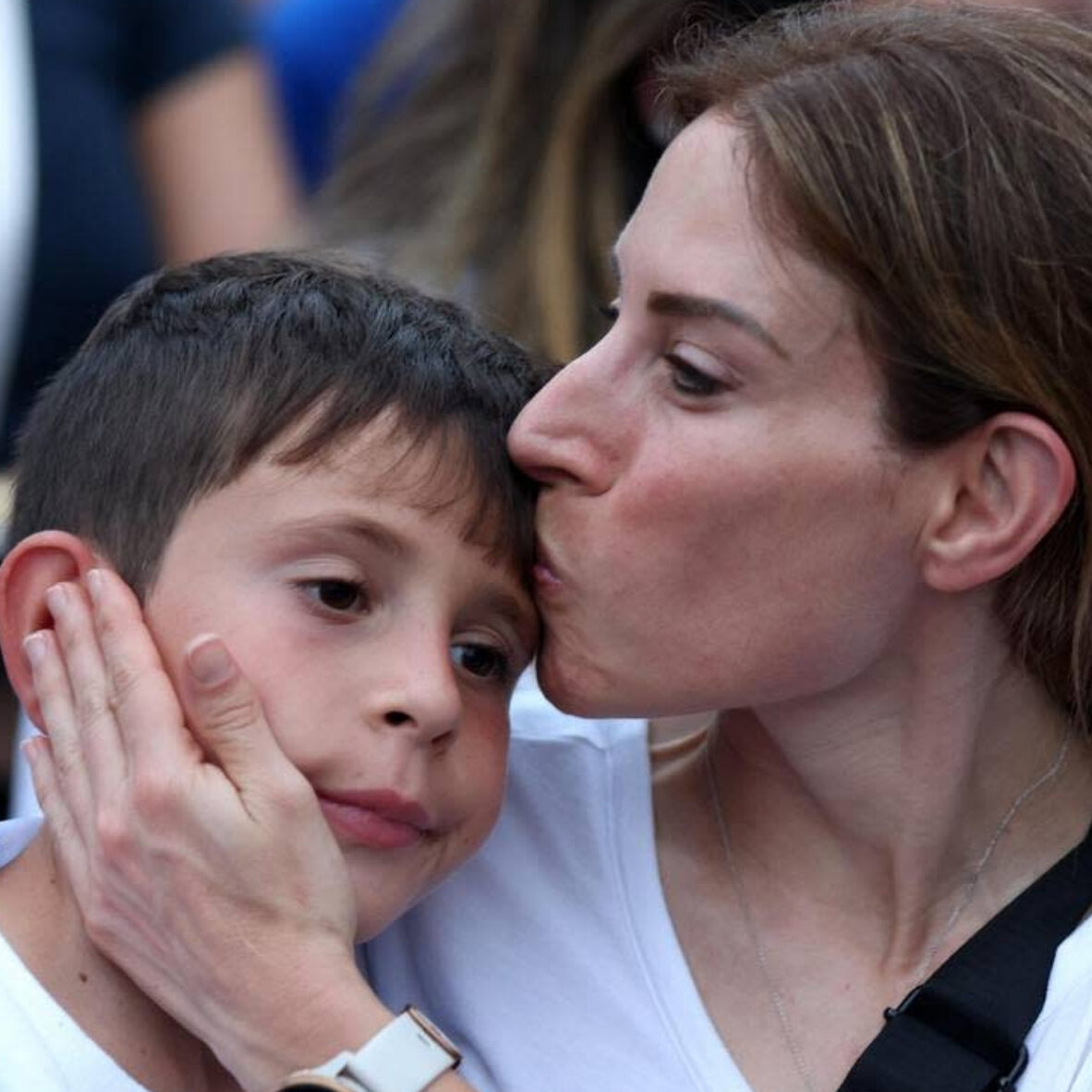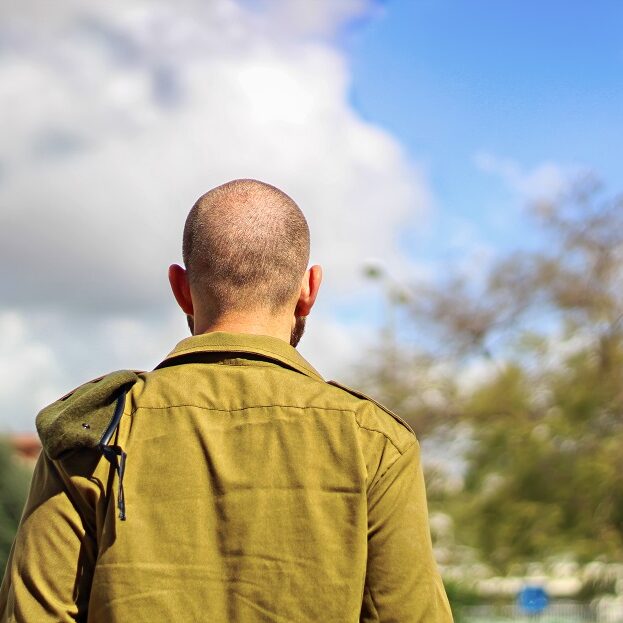About ICAMH
The Israel Center on Addiction and Mental Health (ICAMH) was established in 2018 as Israel’s first integrated institute on addiction prevention and mental health services.
The 'Swords of Iron' war erupted on October 7th, 2023, just as the world was beginning to emerge from the COVID-19 pandemic. The scale and savagery of the terrorist attacks have led to widespread psychological distress and trauma, affecting not just the immediate victims but reverberating throughout Israeli society and Jewish communities worldwide. Pervasive grief, anxiety, and trauma have become commonplace.
Research demonstrates that severe trauma and stress often lead to increased substance use as a coping mechanism. The accessibility of these substances offers temporary relief but risks developing into dependency - a phenomenon known as "self-medication". This pattern, where individuals turn to substances to manage psychological distress such as anxiety and depression, requires early intervention and targeted support strategies.
ICAMH, a multidisciplinary center of excellence, aims to advance addiction and mental health research-based treatment, professional training, prevention via resilience enhancement, and policy changes. The ICAMH also runs a research-based positive psychology prevention program (PPRP) in schools across Israel.
Services
- Adult patient care
- Adolescent patient and family care
- School prevention programs
- Mental health and addiction advocacy services
- Basic and applied research
- Courses, fieldwork opportunities, training programs

Youth & Adolescents
An ICAMH study revealed that children and adolescents have been exposed to high levels of traumatic events related to the war, significantly impacting their mental health. The study found increased rates of youth depression, anxiety, and somatic disorder. Worryingly, the study has also noted higher and earlier substance use among this vulnerable population. To address their unique state of mind, ICAMH operates a dedicated clinic for adolescents facing challenges with substance use and addictive behaviors on various levels, and comorbid mental health issues.

IDF Veterans
The toll on military personnel has been severe. Recent reports indicate that thousands of Israeli soldiers discharged from services are suffering from postwar trauma.
Reservists are struggling to readjust to civilian life, facing functioning difficulties and a pervasive sense of meaninglessness. The broader impact on their families, communities, and Israeli society as a whole is staggering. A study predicts that over half a million Israelis are at risk of developing PTSD in the aftermath of the October 7 attacks and the ensuing war in Gaza. Supporting this grim forecast, an ICAMH study found an increase in opioid misuse among military and security personnel, widespread PTSD, a significant spike in sedative consumption, and a marked rise in substance abuse among one-third of the displaced population.

